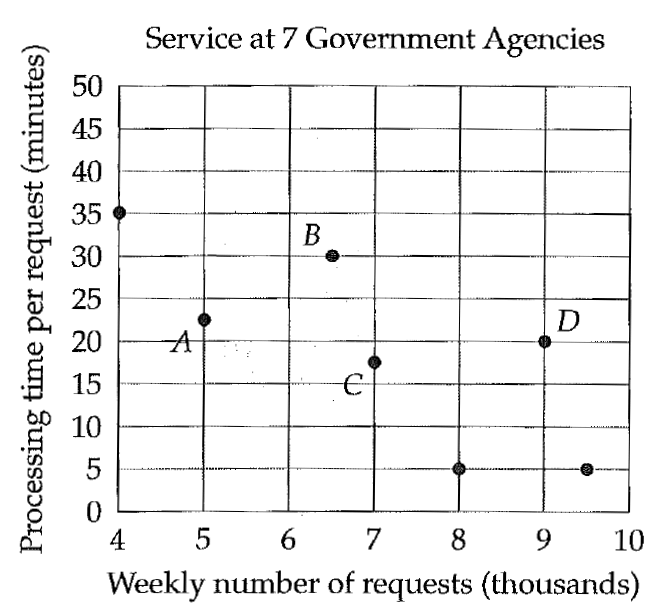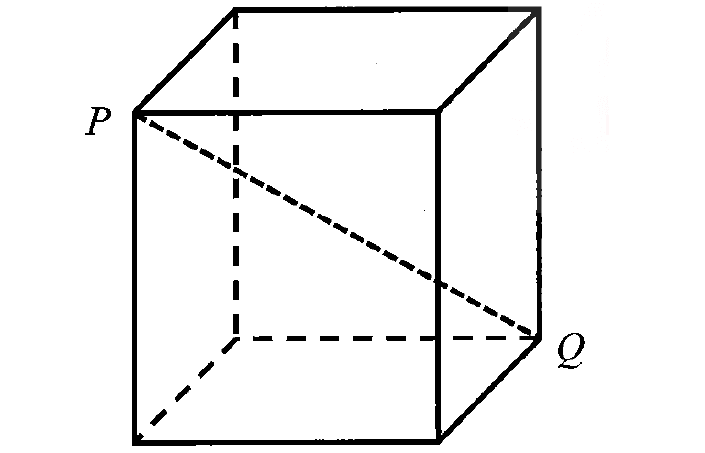ARITHMETIC AND GEOMETRIC SEQUENCES WORKSHEET
1. Find the common difference and 15th term of the arithmetic progression :
125, 120, 115, 110, ..........
2. Find the sum of the terms in the following arithmetic progression :
3 + 7 + 11 + 15 + ........ to 25 terms
3. Find the number of terms in the following arithmetic progression :
7, 12, 17, ........ 252
4. Find the common ratio and 15th term of the geometric progression :
2, 4, 8, ..........
5. Find the sum of the terms in the following geometric progression :
2 + 6 + 18 + 54 + ........ to 10 terms
6. Divide 69 into three parts which are in arithmetic progression are such that the product of first two parts is 483.
7. If 5th and 12th terms of an arithmetic sequence are 14 and 35 respectively, find the arithmetic progression.
8. Find the sum :
16 + 17 + 18 + .......... + 99

1. Answer :
125, 120, 115, 110, ..........
Common difference :
d = second term - first term
= 120 - 125
= -5
Formula to find nth term of an arithmetic progression :
an = a1 + (n - 1)d
Substitute n = 15, a1 = 125 and d = -5.
a15 = 125 + (15 - 1)(-5)
= 125 + (14)(-5)
= 125 - 70
= 55
2. Answer :
3 + 7 + 11 + 15 + ........ to 25 terms
a1 = 3
d = second term - first term
= 7 - 3
= 4
Formula to find sum to 'n' terms of an arithmetic progression :
Sn = (n/2)[2a1 + (n - 1)d]
Substitute n = 25, a1 = 3 and d = 3.
S25 = (25/2)[2(3) + (25 - 1)(4)]
= (25/2)[2(3) + (24)(4)]
= (25/2)[6 + 96]
= (25/2)[102]
= 25(51)
= 1275
3. Answer :
7, 12, 17, ........ 252
a1 = 7
l = 252
d = second term - first term
= 12 - 7
= 5
Formula to find number of terms 'n' in the above arithmetic progression :
n = [(l - a)/d] + 1
Substitute a1 = 7, l = 252 and d = 5.
n = [(252 - 7)/5] + 1
= [(245)/5] + 1
= 49 + 1
= 50
4. Answer :
2, 4, 8, ..........
Common ratio :
r = second term/first term
= 4/2
= 2
Formula to find nth term of a geometric progression :
ar = a1rn-1
Substitute n = 15, a1 = 2 and r = 2.
a15 = 2(2)15 - 1
= 2(2)14
= 2(16384)
= 32768
5. Answer :
2 + 6 + 18 + 54 + ........ to 10 terms
a1 = 2
r = second term/first term
= 6/2
= 3 > 1
Formula to find sum to 'n' terms of a geometric progression when r > 1 :
Sn = a1(rn - 1)/( r - 1)
Substitute a1 = 2, r = 3 and n = 10.
S10 = 2(310 - 1)/(3 - 1)
= 2(59049 - 1)/2
= 2(59048)/2
= 59048
6. Answer :
Since we divide 69 into three parts which are in arithmetic progression, the three parts of 69 can be assumed as
a - d, a, a + d
Then,
(a - d) + a + (a + d) = 69
a - d + a + a + d = 69
3a = 69
Divide both sides by 3.
a = 23
Given : The product of first two parts is 483.
(a - d)(a) = 483
Substitute a = 23.
(23 - d)(23) = 483
Divide both sides by 23.
23 - d = 21
Subtract 23 from both sides.
- d = -2
Multiply both sides by -1.
d = 2
The three parts of 69 which are in arithmetic progression are
(a - d), a, (a + d)
(23 - 2), 2, (23 + 2)
21, 2, 25
7. Answer :
|
a5 = 14 a1 + (5 - 1)d = 14 a1 + 4d = 14 ----(1) |
a12 = 14 a1 + (12 - 1)d = 35 a1 + 11d = 35 ----(2) |
(2) - (1) :
(a1 + 11d) - (a1 + 4d) = 35 - 14
a1 + 11d - a1 - 4d = 21
7d = 21
Divide both sides by 7.
d = 3
Substitute d = 3 in (1).
a1 + 4(3) = 14
a1 + 12 = 14
Subtract 12 from both sides.
a1 = 2
Arithmetic progression :
a1, a1 + d, a1 + 2d, a1 + 3d, .........
Substitute a1 = 2 and d = 3.
2, 2 + 3, 2 + 2(3), 2 + 3(3), .........
2, 2 + 3, 2 + 6, 2 + 9, .........
2, 5, 8, 11, .........
8. Answer :
Formula to find sum of first 'n' natural numbers :
1 + 2 + 3 + .......... + n = n(n + 1)/2
16 + 17 + 18 + .......... + 99 :
= (1 + 2 + 3 + .......... + 99) - (1 + 2 + 3 + .......... + 15)
= [99(99 + 1)/2] - [15(15 + 1)/2]
= [99(100)/2] - [15(16)/2]
= [99(50)] - [15(8)]
= 4950 - 120
= 4830
Kindly mail your feedback to v4formath@gmail.com
We always appreciate your feedback.
©All rights reserved. onlinemath4all.com
Recent Articles
-
Digital SAT Math Problems and Solutions (Part - 153)
Apr 29, 25 12:18 PM
Digital SAT Math Problems and Solutions (Part - 153) -
Digital SAT Math Problems and Solutions (Part - 152)
Apr 28, 25 11:54 AM
Digital SAT Math Problems and Solutions (Part - 152) -
Digital SAT Math Problems and Solutions (Part - 151)
Apr 26, 25 11:18 AM
Digital SAT Math Problems and Solutions (Part - 151)

